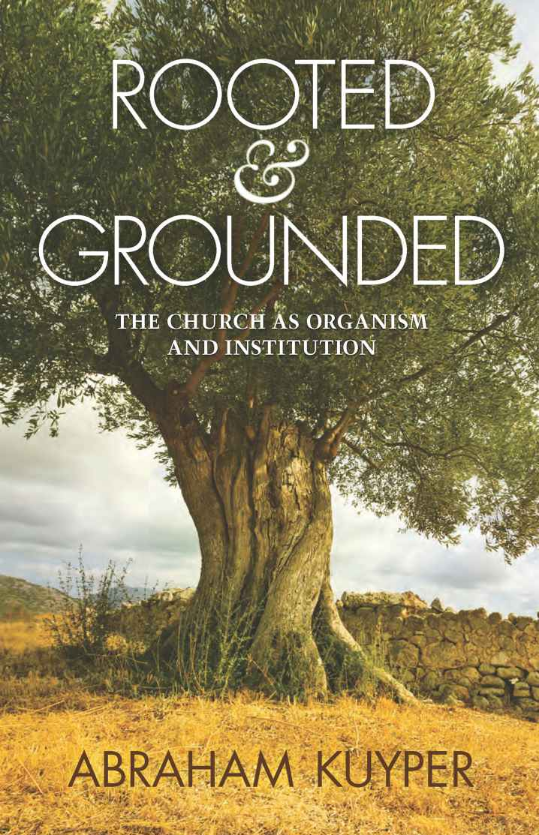 God has clearly given us dominion over creation, yet a variety of divisions and distortions persist. Radical environmentalists dream of a world without us, even as hyper-consumerists wield God’s call as justification for undue exploitation and self-seeking.
God has clearly given us dominion over creation, yet a variety of divisions and distortions persist. Radical environmentalists dream of a world without us, even as hyper-consumerists wield God’s call as justification for undue exploitation and self-seeking.
Getting the relationship right not only impacts our stewardship, but gets to the core of what we believe about God, why he created us, and who he has called us to be. It’s no wonder, then, that Abraham Kuyper begins one of his sermons on the role of the church by examining humanity’s broader role in creation.
In his sermon, “Rooted and Grounded,” Kuyper proclaims that the church must be both rooted”in the “organism” of the Gospel, even while being grounded in various institutional forms. Yet insofar as we are “rooted” in “organic” life, we must ask: Which garden do we intend to cultivate? How do we plan to do it? Why?
Kuyper’s answer is rather beautiful, and over at Acton’s Oikonomia blog at Patheos, an extended excerpt is provided:
Creation was fashioned by God, fashioned with life that surges and scintillates in its bosom, fashioned with the powers that lie dormant in its womb. Yet, lying there, it displayed but half its beauty. Now, however, God crowns it with humanity, who awakens its life, arouses its powers, and with human hands brings to light the glory that once lay locked in its depths but had not yet shone on its countenance.
The inanimate creation displays this. You need glance only at the terrain of our habitation and ask what it once was in its natural state and what it has become through the energetic activity of our ancestors. Similarly, witness the power that speeds our word along metal wires or our very persons along iron rails; this power lay embedded in that creation from the time of Eden already, but only now has it been discovered, analyzed, and harnessed by the spirit of man. Crops grow by organic power, but the human hand prepares a fertile soil for that crop, tames the wild acreage, prunes the wild shoots, guides the branches according to the flow of their juices, and by means of hybrids produces new kinds of plants. The wild forest creature surges and wriggles full of organic life, but only when tamed by people, bridled by the human hand, ennobled by human technique into thoroughbreds, does that wild natural power attain its goal. In short, compare the desolate place with the inhabited region, lay the creation accompanied by man alongside the creation apart from man, and everything bears witness, both of a creation immediately fashioned and of a perfecting of that creation that the Lord now completes through man.
Read the full excerpt here. For more, purchase the sermon, newly translated and available in print or ebook.

